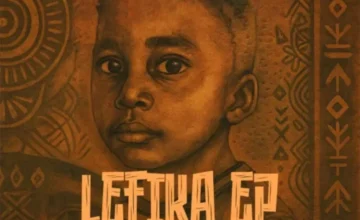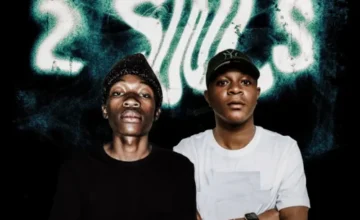
Over the past few years, the success of the South African music industry has declined at an alarming rate. If history is not lying, there used to be a time when South Africa produced big influential stars, the likes of Johnny Clegg, Emo Adams, Alice Phoebe Lou, Prime Circle, Just Jinjer, etc.
Around the world, the music industry represents glamour, riches, and influence, but on the inside is a different story entirely, filled with corruption, the influence of hard drugs, and malice for one another. If the South African industry wants to provide a vibrant, conducive local industry then far more honesty and transparency are needed. One of the major reasons the local industry has declined over the years is the contradiction between reports and accountability around the money that is being made.
South Africa’s collection society administrators charge some of the highest rates in the world. For example, of the R200 million collected by SAMPRA in 2020, the agency spent R41 million on “administrative costs” Meanwhile, the South African Music Industry Council [SAMIC], the umbrella formed to provide unity and meant to be the voice of the music industry, is dysfunctional due to infighting and is being paralyzed by factions and does little.
In addition to broadcast and video royalties, revenues generated from digital streaming services are also not being adequately returned to the South African music industry. Instead, a significant portion of the money goes towards collection society administration and is dominated by three international record companies, namely Sony, Universal, and Warner, rather than benefiting the talented South African musicians who create the music and are an essential part of the system. This issue is exemplified by the case of Afro-House artist Prince Kaybee, who was signed to Universal but recently announced his departure from the label in 2023 after a lackluster music career with them. Furthermore, during the Covid-19 pandemic, Amapiano artists demonstrated their talent by producing numerous hits, but many of them were still tied to international labels. The regulations imposed by these international streaming services have stifled creativity among artists.
Even before Covid shut down venues, music shops were closing and the industry was struggling with piracy and music streaming online. In 1998 the South African music industry was worth more than R200 million a year. Today, it is worth more than R14 million, according to figures published annually by the Recording Industry of South Africa [Risa].
Another significant factor contributing to the decline of the industry is that musicians feel undervalued and unrewarded for their art, often leading them to seek recognition outside of their home country. As an example, blues-folk artist Alice Phoebe Lou performed in a Berlin park four years ago, seeking donations as a street performer, and was then invited to perform at an event where her career took off from there. This highlights the trend of South African musicians feeling the need to leave their homeland to be appreciated for their music.
Lou is just one example among a growing list of South African musicians who have felt the need to leave their homeland to be recognized for their art. Another musician, Josie Field, expressed in an interview that she has hit a ceiling in South Africa in terms of her musical direction and feels that the market is limited to her style of music. Andre Le Roux, the director of the Southern African Music Rights Organization, acknowledges that it has become “natural” for exceptionally talented artists to leave South Africa, but this trend is detrimental to the industry as it often leads to these artists signing with foreign record labels. To improve the South African music industry and cultivate big stars, the people of South Africa need to appreciate and support their local artists more. This can be achieved by live streaming their music, playing their songs on the radio, and using their music in commercials to give them the exposure they need.





